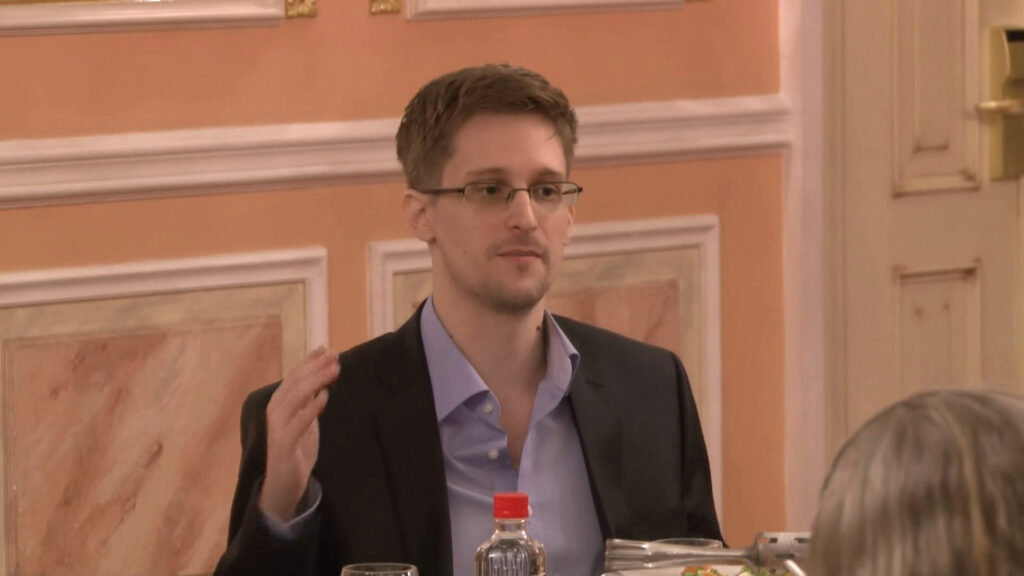Since early 2019, approximately one third of Polish regions have adopted resolutions to become “LGBT-Free Zones.” These resolutions are meant to publicize a rejection of “LGBT Ideology” and ban equality marches. While the declarations are largely symbolic, they illustrate the Polish conservative government’s commitment to suppressing “LGBT propaganda” and denying same sex couples the legal right to marriage.
Since conservative President Andrzej Duda narrowly won reelection in July 2020, LGBT rights in Poland have been placed in even greater jeopardy. In a speech, Duda stated that, “the Polish constitution should include an entry saying that it is forbidden to adopt a child by a person who lives in a single-sex relationship.” In his past term as President Duda stated LGBTQ ideology was “worse than communism.” His rhetoric has empowered hate speech and conflict leaving the future of all LGBT rights in Poland in peril.
Prior to Duda’s reelection, anti-LGBT sentiment erupted into violence last summer when a pride parade in the city of Bialystok led to clashes between paraders and protesters. Anti-LGBT protesters threw bricks, stones and fireworks leading to dozens of injuries; the conflict only subsided after police authorities deployed tear gas to disperse the crowd.
The European Parliament condemned LGBT discrimination in Poland and called on local Polish governments to revoke their declarations- to no avail. In July, the European Union announced it would not provide funding for an EU program that connects communities across Europe through the “twinning of towns in different countries” to six Polish towns. The town’s that had their funding withheld displayed anti-LGBT sentiment and made bigoted statements. The funding ranged from $6,000 to $29,000 dollars.
The EU has failed to take any meaningful and punitive action against the Polish government to stop it from oppressing its LGBT citizens. Furthermore, if the EU hopes to prevent growing nationalist and far-right sentiment in Poland, it must send a clear message to the Polish people, urging them to elect more tolerant leaders.
EU Response and Limitations Thus Far
In her first state of the union speech on September 20, EU Commision President Ursula Von Der Leyen said that, “being yourself is not your ideology.”
“It’s your identity. And no one can ever take it away. So I want to be crystal clear – LGBTQI-free zones are humanity free zones,” Von Der Leyen said. “And they have no place in our Union.” While the Commission president publicly condemned Poland’s anti-LGBT actions, she was unable to offer specific steps the Commision would take to stop the Polish government from employing further discriminating legislation. Von Der Leyen promised to personally “push for mutual recognition of family relations in the EU [for LGBT couples],” which is undoubtedly a positive step for all EU citizens. However, LGBT Poles would still be subject to legislation from their local and national governments making this push practically futile.
The EU Commission’s inability to impose effective punitive action against member states who defy democratic values and violate human rights reveals a larger issue surrounding the legitimacy of the Commision as a whole. A unanimous vote is required to suspend a nation state’s voting rights in the EU, but Hungary and Poland have vowed to veto any sanctions aimed at each other. This effectively makes the two states that have, in recent years, experienced a rise in corruption, authoritarianism and anti-LGBT sentiment immune from accountability.
What’s worse, since the onset of the coronavirus pandemic, Poland and Hungary have received the most EU funding — €7.4 billion and €5.6 billion respectively. In comparison, Italy was hit hardest by the pandemic and received only €2.3 billion in EU funding, according to the European Stability Initiative. Despite their disregard for EU laws on human rights, Poland and Hungary were effectively rewarded through COVID-19 relief funding. The rationale for this inflated funding revolved around Poland and Hungary being newer additions to the EU and having less developed economies compared with other member states.
The EU had an opportunity to negotiate with Andrzej Duda’s government by attaching conditions to relief funds but failed to effectively do so.
What can the EU Do Moving Forward?
While a vote to fully suspend the voting rights of Poland must be unanimous, which would unquestionably be vetoed by Hungary, Article 7 of the Treaty of the EU states that only a four-fifths majority is required to impose sanctions on a member state. The EU should move forward in exercising the powers granted through Article 7 to demonstrate that issues surrounding discrimination, intolerance, and hate will not be given up on. While it is unlikely that the current conservative Polish government will roll back on its anti-LGBT policies and sentiment, the Polish people could be swayed into voting for more tolerant leadership to stop sanctions from the EU.
Beyond sanctions, funding could be one of the EU’s most useful tools. The EU has already demonstrated a willingness to revoke funding from regional governments, and it must continue to do so on a larger scale. Giving more funding to Poland than any other EU nation during the COVID-19 crisis is an upsetting case of positive reinforcement when it could have been used as a tool for mediation. While there are significant steps that the EU can take to pressure the Polish government, true change will only arrive if public perception of the LGBT community in Poland is ameliorated. President Andrzej Duda narrowly won the vote by 51.2%, illustrating the feasibility of a shift in Poland’s conservative majority.
The EU should do everything in its power to push for not only an end to discrimination, but also meaningful improvement for the LGBT community that will occur if the majority of Polish people decide to move towards a more progressive and tolerant future.







